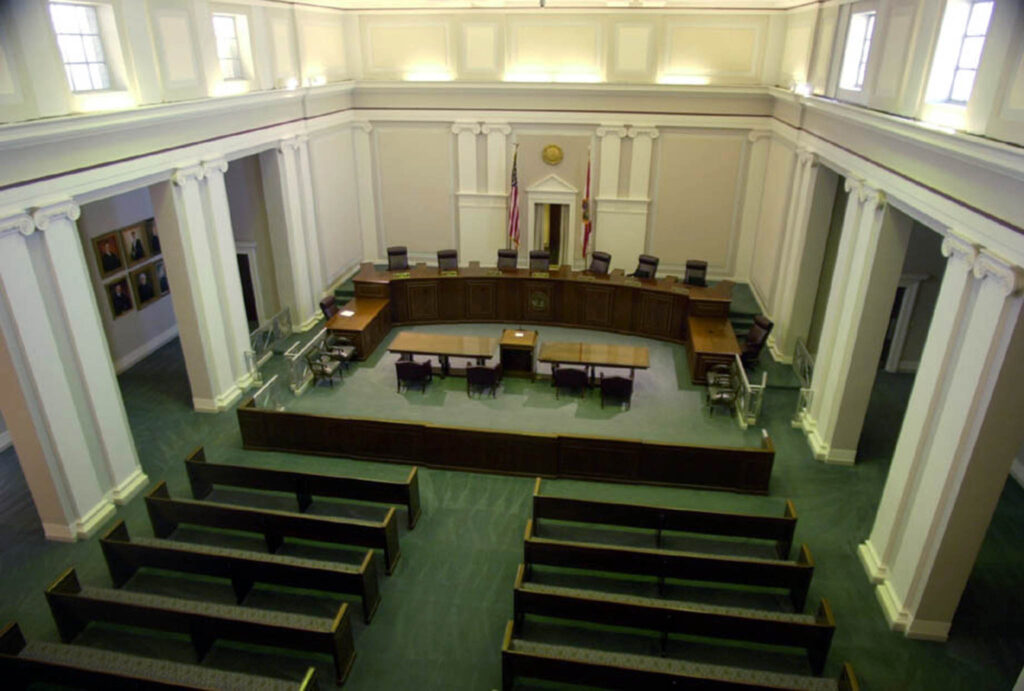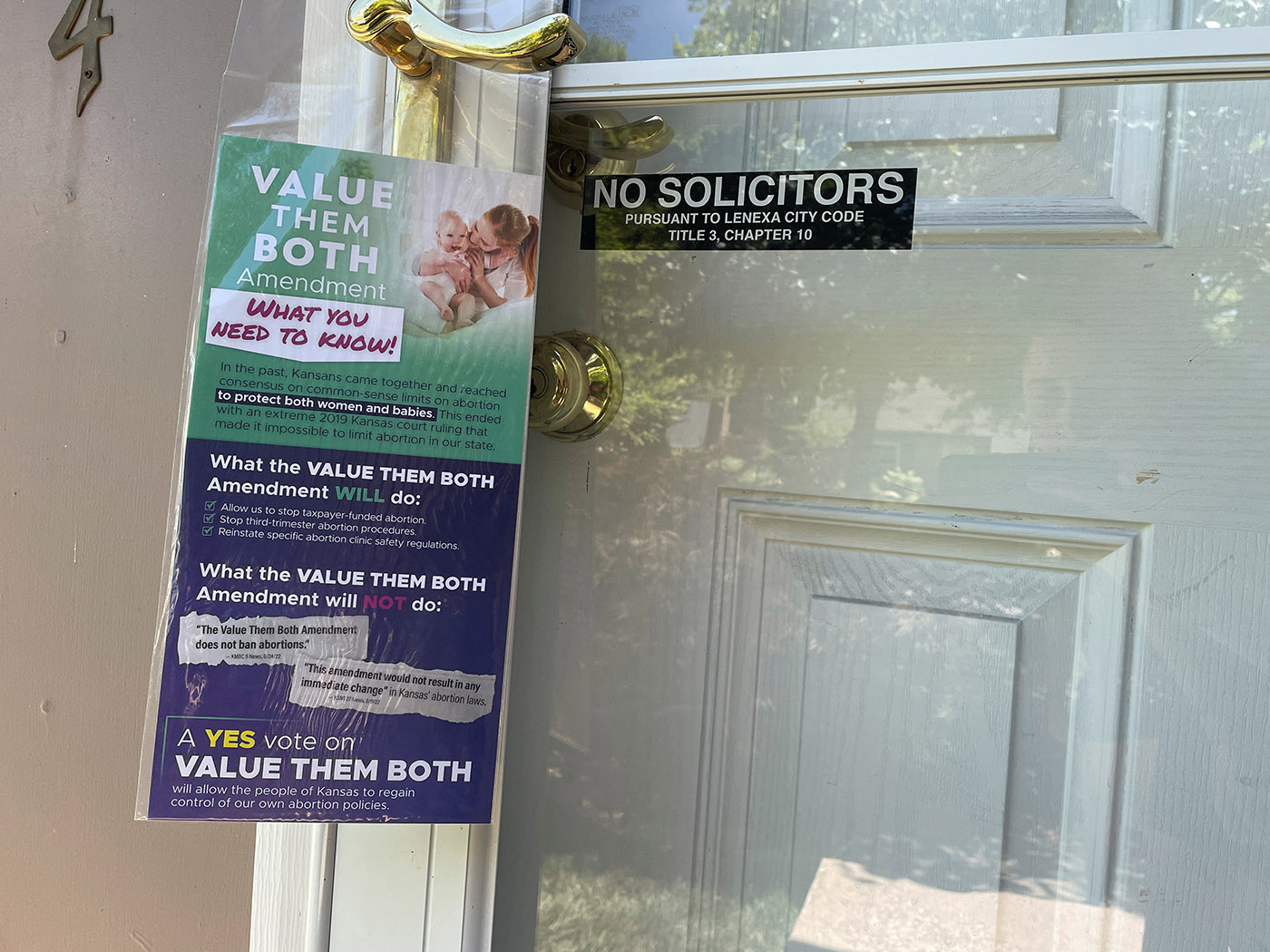The Florida Supreme Court will decide an issue that has broad consequences for holding law enforcement officers accountable.
The court has taken up a challenge to a Florida 1st District Court of Appeal ruling that agreed that two Tallahassee police officers who were allegedly threatened with weapons qualified as “crime victims” at the time they shot and killed individuals.
This designation could keep their identities secret from the public under Article 1, Section 16 of the Florida Constitution – the ballot initiative “Marsy’s Law” approved by Florida voters in 2018. One of the provisions of the section reads: “The right to prevent the disclosure of information or records that could be used to locate or harass the victim or the victim’s family, or which could disclose confidential or privileged information of the victim.”
“Marsy” was the nickname of Marsalee Nicholas, who at 21 was murdered by a former boyfriend in 1983. A week after the murder, the Nicholas family encountered the suspect in a grocery store. The anguish of not having been advised that the murderer had been released on bail was the event that sparked Marsy’s only sibling Henry Nicholas, the co-founder of the technology company Broadcom, to put his wealth behind a national campaign to get legislation passed for victims’ rights.
Florida’s Marsy’s Law defines “victim” as “a person who suffers direct or threatened physical, psychological, or financial harm as a result of the commission or attempted commission of a crime or delinquent act or against whom the crime or delinquent act is committed.”
The question before the Florida Supreme Court is whether police officers who are involved in violent encounters, or where violence is threatened, qualify as a victim under Marsy’s Law, thereby shielding their names from public release. Shielding the names of police officers could make it more difficult to hold them accountable for misconduct.
Edward Birk, a First Amendment news media attorney, says identifying police officers as victims would be a “major barrier to accountability.” He argues that the role of the press is to look into whether law enforcement’s use of force is justified. “At what point would we find out and would we ever find out?” he asks.
The Florida Police Benevolent Association, (FLPBA), and the majority of Florida’s 67 sheriffs are united in the belief that law enforcement personnel deserve Marsy’s Law protection. They argue that they qualify as victims, and as such, deserve privacy protections.
An opposing view is taken by two outspoken sheriffs in Volusia and Pinellas counties and press freedom advocacy groups including the Reporters Committee for Freedom of the Press, Poynter Institute and the Florida Center for Government Accountability, a nonprofit launched last year to assist citizens and investigative journalists.
Volusia County Sheriff Mike Chitwood submitted an amicus brief in support of the city of Tallahassee’s suit against his colleagues in the FLPBA. Chitwood argued that transparency and accountability are imperative in rebuilding public trust in law enforcement. “Extending the protections of Marsy’s Law to law enforcement officers performing their official duties would further erode, rather than rebuild, that trust. Marsy’s Law was designed to further public trust in the criminal justice system, not to erode it,” the brief states.
Attorney Luke Newman led the successful effort representing Tallahassee police officers, John Doe I and II. The state appeals court decision refuted the law enforcement transparency argument by enumerating the legal mechanisms available to hold law enforcement personnel accountable.
The state appeals court’s ruling said, “This does not mean that the public cannot hold law enforcement officers accountable for any misconduct. Maintaining confidential information about a law enforcement officer who is a crime victim would not halt an internal affairs investigation nor impede any grand jury proceedings. Nor would it prevent a state attorney from reviewing the facts and considering whether the officer was a victim.”
Newman argues that police officers are codified as persons under Florida Statute 1.01 and the state’s Marsy’s Law says a victim is defined as a “person.” Asked whether his argument will resonate at the high court, he says, “It’s a ridiculous legal argument to ignore two statutory definitions. I look at the legal arguments on the language and I’m confident.”
Oral arguments have not been scheduled yet before the Florida Supreme Court.
Birk argues any expanded interpretation of who is a victim is inconsistent with Florida’s Public Records Act. In a statement submitted to the court, he says that Florida’s version of Marsy’s Law “prevents disclosure of records that could be used to locate or harass the victim or the victim’s family” and to expand this to prevent the disclosure of the names of law enforcement personnel “would place Florida significantly out of step with other states that have adopted versions of Marsy’s Law.”
Attorney Barbara Petersen, former longtime president of the First Amendment Foundation and the executive director of the Florida Center for Government Accountability, says not only the media but the public has a stake in the outcome.
“We give law enforcement an extreme amount of control and latitude over our lives. I don’t buy the argument that police officers are victims. My objection is law enforcement officers every minute could be subject to a crime in progress,” Petersen told First Amendment Watch.
And if the Florida Supreme Court affirms the lower court ruling? “We have no accountability. None,” she says.
City of Tallahassee v. Florida Police Benevolent Association
Tags




